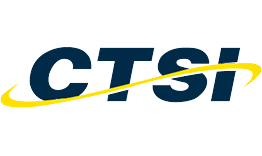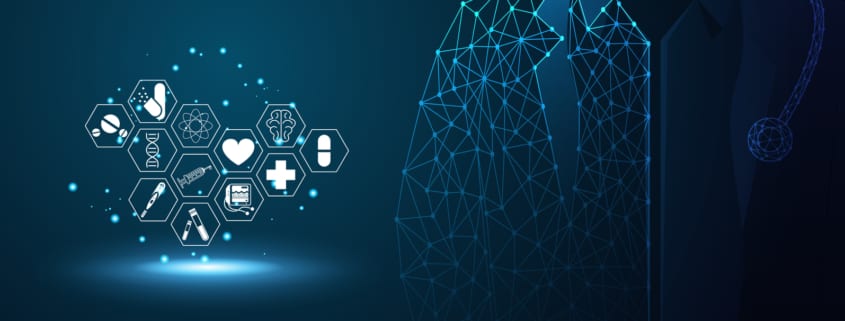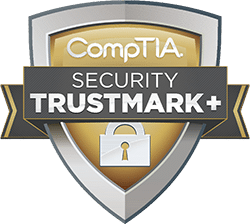Top Tech Challenges Facing the Healthcare Industry
The healthcare industry is not immune to the latest in technology trends. And like most other industries, it has a lot to gain from embracing new innovations.
Using technology, healthcare providers have the potential to increase mobility, reduce response time, deliver a more accurate diagnosis and treatment, and improve patient education.
That being said, both the private and public sectors have a significant number of hurdles to cross before the full potential of the technology can be realized.
In this article, we’ll examine the top eight tech challenges facing the healthcare industry.
From privacy concerns to infrastructure demands, overcoming these challenges will be no easy task – but with the proper IT support in place, healthcare providers can begin embracing technology.
1. Health Information Exchange
Under the HITECH Act, Health Information Exchange (HIE) is encouraged. This will facilitate the sharing of private healthcare data between various organizations.
The potentially sensitive communication system brings with it a whole host of regulations and policy requirements.
2. Cybersecurity Concerns
Healthcare networks are data-rich, making them a prime target for malicious hackers.
And with breaches becoming more prevalent and increasingly sophisticated, clinics will need to invest heavily in network monitoring and security – all while remaining compliant within their industry.
See Also:
3. Bring-Your-Own-Device Policies
The future of healthcare is mobile.
To facilitate the shift toward mobility, many healthcare professionals are implementing a bring-your-own-device (BYOD) policy.
In other words, their team members use their own mobile devices to deliver flexible, remote services.
The BYOD trend brings with it a whole host of privacy and security concerns but can save clinics upwards of $350 per year per employee.
4. Wireless Networking
Wireless networking is becoming more and more critical to organizations both outside and within the healthcare industry.
Such a significant shift toward wireless technologies puts current infrastructure under unprecedented pressure.
Many existing structures require updates to support the latest IT solutions – and these updates can be expensive.
5. Patient Engagement via Technology
Technology plays an increasingly important role in all our lives.
The average adult spends 3.3 hours on their smartphone a day.
Healthcare providers are beginning to utilize phone apps and online systems to encourage patients to track their health, remain accountable, and potentially even alert medical professionals of an emergency.
6. Data Analysis
Healthcare providers collect an almost incomprehensible amount of data – how can technology assist with the analysis of this data to deliver meaningful insights related to the prevention, diagnosis and treatment of illnesses?
This is a huge, expensive, time-consuming undertaking. But the potential simply cannot be ignored.
7. Storage Demands
Patient data is no longer recorded on a clipboard and tucked away in filing cabinets. Now, it’s stored digitally.
What’s more, data retention regulations require healthcare facilities to hold onto these records for a specified amount of time.
With potentially millions of records, clinics will need to invest in significant storage space – and robust defenses to protect it long-term.
8. Cloud Computing
Sooner or later, all industries will need to embrace cloud computing. That is, applications and tech solutions accessed via the internet.
In the healthcare industry, this will lead to concerns regarding encryption, HIPAA compliance, privacy, ownership, and security.












